
Maria Temming
Assistant Managing Editor, Science News Explores
Previously the staff writer for physical sciences at Science News, Maria Temming is the assistant managing editor at Science News Explores. She has undergraduate degrees in physics and English from Elon University and a master's degree in science writing from MIT. She has written for Scientific American, Sky & Telescope and NOVA Next. She’s also a former Science News intern.

Trustworthy journalism comes at a price.
Scientists and journalists share a core belief in questioning, observing and verifying to reach the truth. Science News reports on crucial research and discovery across science disciplines. We need your financial support to make it happen – every contribution makes a difference.
All Stories by Maria Temming
-
 Tech
TechTiny quantum storage device fits on a chip
Photon information processing on nanoscale could enable future communication networks.
-
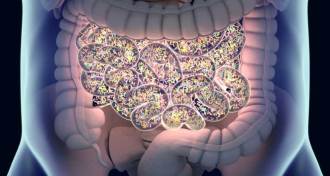 Health & Medicine
Health & MedicineHow gut bacteria may affect anxiety
Microbes may tamper with the production of tiny molecules in brain regions that help control anxiety.
-
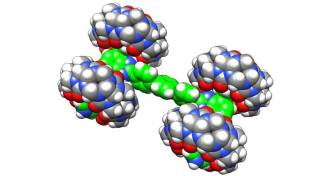 Tech
TechMeet the Bobcat Nanowagon, the world’s smallest monster truck
Chemists are scratching their heads over the wreckage of minuscule monster trucks.
-
 Tech
TechNew antennas are up to a hundredth the size of today’s devices
A new type of antenna could be used in tiny electronics for wearable tech, injectable medical devices and more.
-
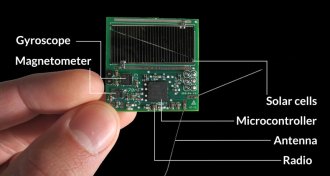 Astronomy
AstronomyThese chip-sized spacecraft are the smallest space probes yet
Space initiative dubbed Breakthrough Starshot sent the smallest spacecraft yet into orbit around Earth.
-
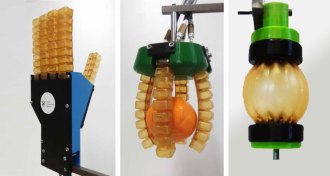
-
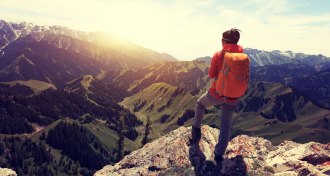 Earth
EarthSeismologists get to the bottom of how deep Earth’s continents go
Scientists may have finally pinpointed the bottoms of the continents.
-
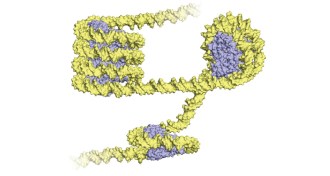 Genetics
GeneticsThe first look at how archaea package their DNA reveals they’re a lot like us
Archaea microbes spool their DNA much like plants and animals do.
-
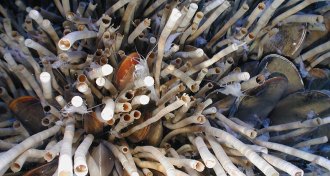 Animals
AnimalsThese record-breaking tube worms can survive for centuries
Deep-sea tube worms can live decades longer than their shallow-water counterparts.
-
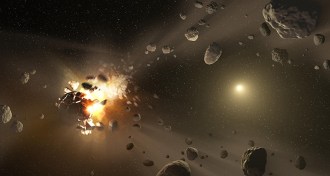 Astronomy
AstronomyThe solar system’s earliest asteroids may have all been massive
A team of astronomers says the original asteroids all came in one size: extra large.
-
 Science & Society
Science & SocietyYour solar eclipse experience can help science
The Aug. 21 total solar eclipse offers a rare opportunity for crowdsourced data collection on a spectacular celestial phenomenon.
-
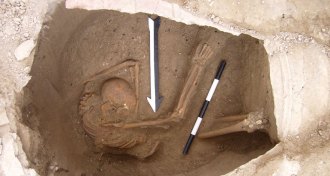 Anthropology
AnthropologyAncient DNA offers clues to the Canaanites’ fate
DNA is painting a more detailed portrait of the ancient Canaanites, who have largely been studied through the secondhand accounts of their contemporaries.